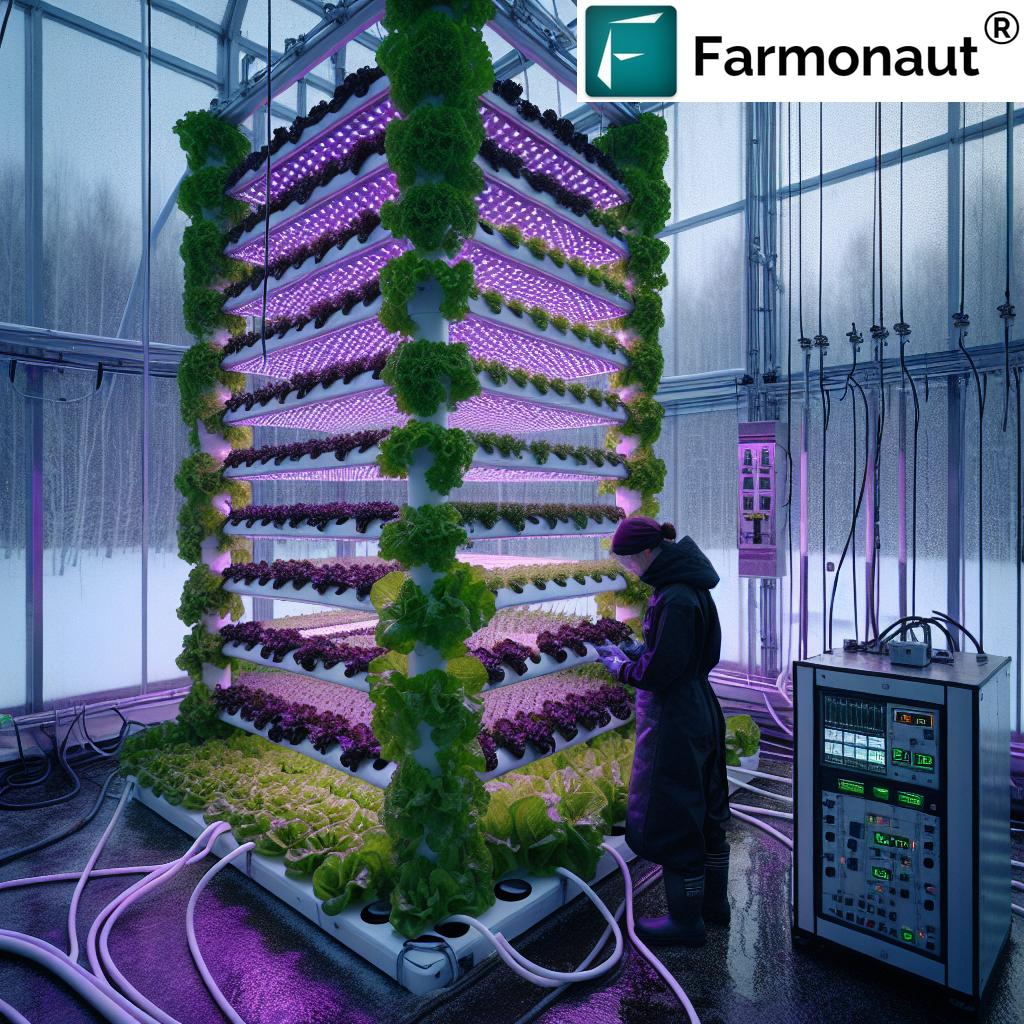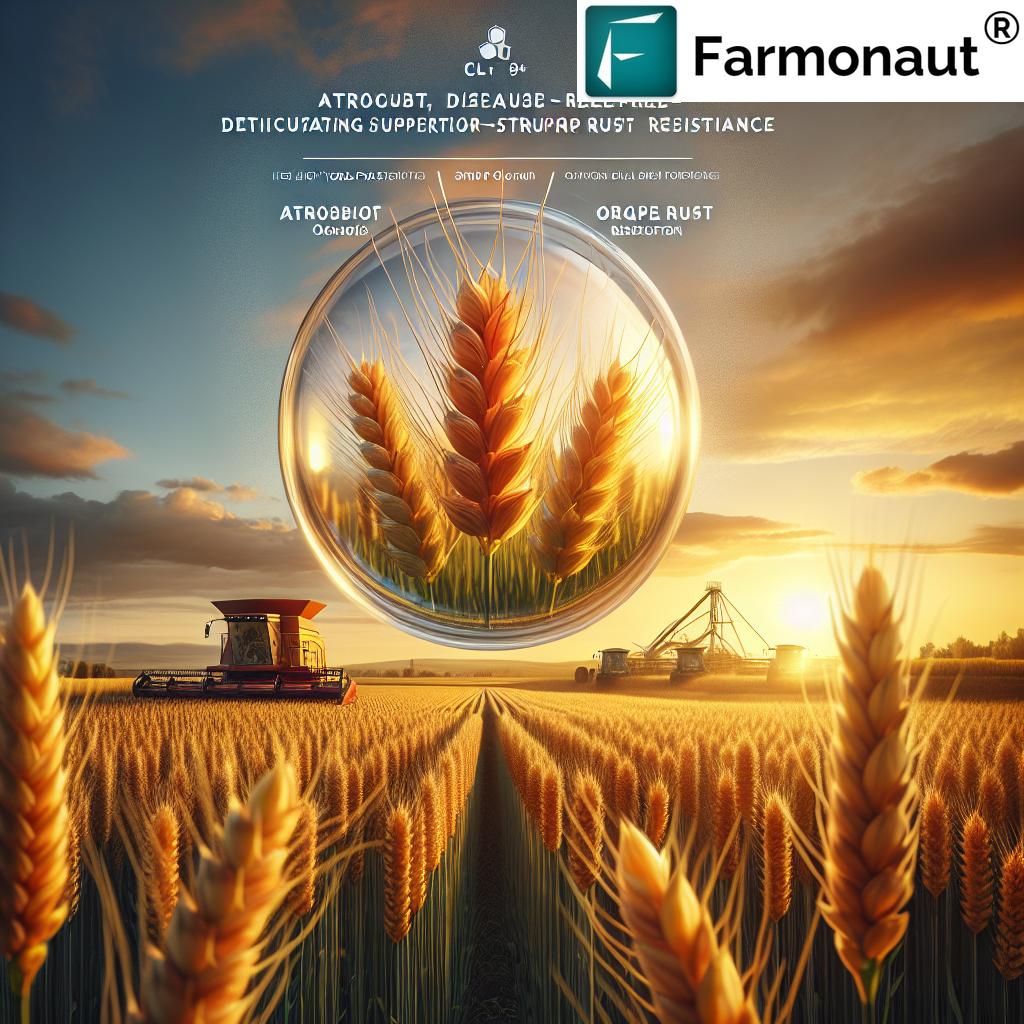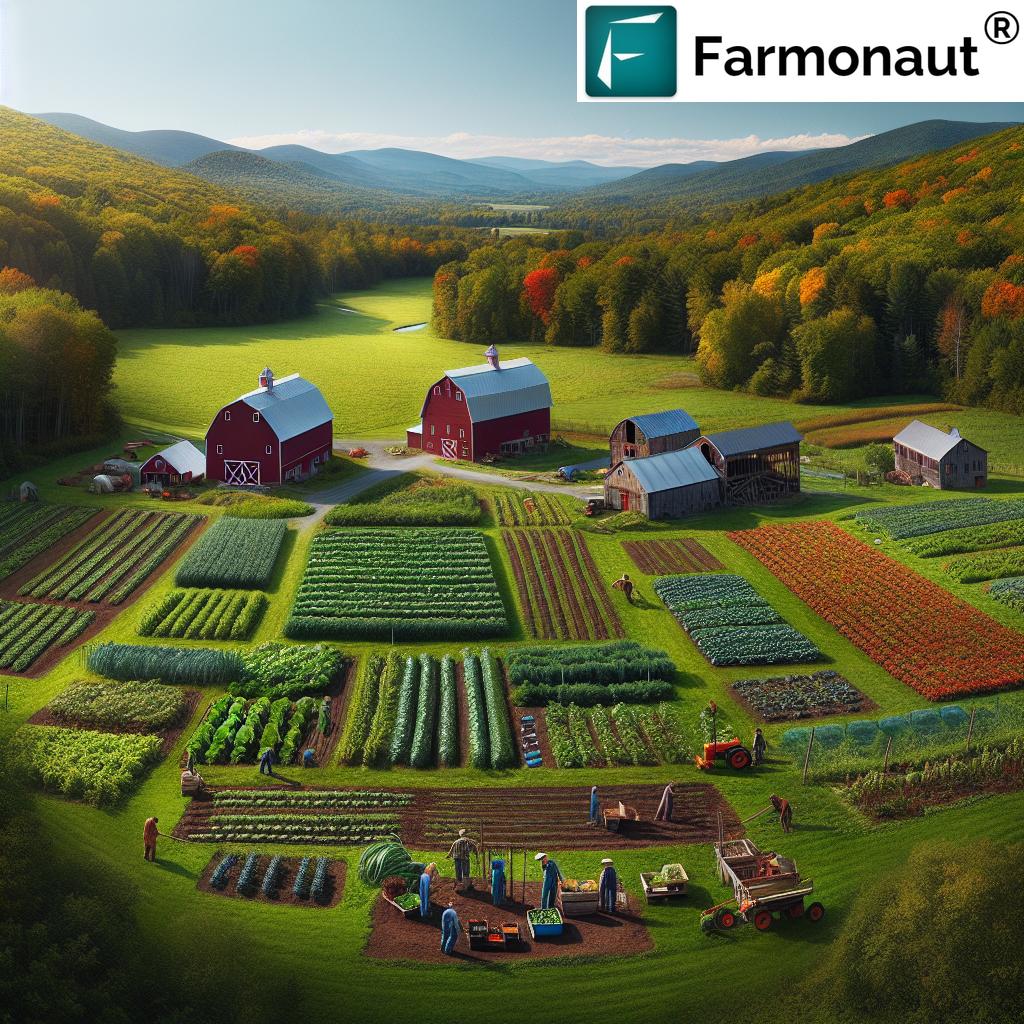Geo Farming Columbia SC: Urban Agriculture & Farmers Market
“Columbia SC’s urban farms increase local food access by over 30%, supporting healthier and more sustainable communities.”
Introduction: The Role of Geo Farming in Columbia, South Carolina’s Urban Agriculture in 2025
Columbia, SC, in 2025, remains a vibrant hub for urban agriculture and sustainable farming practices. Here, geo farming Columbia SC—a powerful approach leveraging spatial and localized data—has completely transformed the agricultural landscape, especially within the city’s dynamic urban farms and its renowned state farmers market Columbia SC. Adapting to Columbia’s unique geography and climate, farmers, producers, and communities are optimizing outputs, making resource conservation second nature, and fueling the region’s economic and environmental growth.
The city’s commitment to sustainable urban development is visible everywhere, from the thriving community gardens, rooftop farms, and market gardens to its energetic farmers markets serving as vital links between producers and consumers. This blog explores how geo farming Columbia SC is revolutionizing resource management, crop production, seasonal planning, and market engagement—paving the way for resilient, healthy, and economically viable food systems.
What Is Geo Farming Columbia SC? Unveiling the Strategic Method for Urban Sustainability
Geo farming Columbia SC represents a strategic, data-driven method of managing agricultural activities using modern geographic and spatial tools. This approach includes:
- Leveraging advanced technologies (satellite imagery, spatial analysis, soil and climate data)
- Localized information to understand area-specific characteristics and crop requirements
- Optimization of resource allocations, crop selection, and farming techniques based on microclimates and soil types
It stands at the intersection of data science, remote sensing, AI, and traditional agricultural expertise, providing farmers and urban growers in Columbia direct, actionable insights for improving productivity and sustainability on limited urban spaces.
Geo farming is particularly influential in urban settings, where maximizing yields, reducing waste, and conserving limited resources are crucial. By integrating precise mapping, climate modeling, and resource monitoring, geo farming in Columbia, SC, helps:
- Reduce overuse of water and fertilizers
- Increase crop yields per square foot
- Minimize environmental impact
- Enhance the quality and predictability of local food supply
Columbia, SC: Unique Geographic & Climatic Advantages for Geo Farming
Columbia’s position as the state capital of South Carolina comes with a set of unique geographic and climatic conditions that provide ideal opportunities for geo farming. Here’s why Columbia’s urban agriculture ecosystem is so vibrant:
- Diverse Microclimates & Soil Types: Columbia’s landscape includes sandy soils, loamy stretches, and clay areas; each micro-region suits different crops and growing cycles.
- Favorable Climate: The region’s temperate climate, with adequate rainfall, hot summers, and mild winters, supports a wide range of seasonal and specialty crops.
- Urban Density & Limited Spaces: With high population density in urban centers and surrounding suburbs, optimizing small available spaces for food production is priority.
- Community Commitment: The city is increasingly committed to sustainable urban development, environmental stewardship, and food security.
Geo farming Columbia SC leverages locally mapped spatial data—from soil health indices to climate variability graphs—so urban growers tailor planting, cultivation, and harvesting according to their plots’ specific needs. This ensures high productivity, resource conservation, and the highest possible quality for local residents and markets.
Strategic Geo Farming Columbia SC: Transforming Urban Agriculture
The practical integration of geo farming into Columbia urban agriculture is a game-changer. How? By utilizing precise mapping, localized environmental data, and AI-powered advisory systems, Columbia’s city farmers and community gardens can:
- Identify the best crop selection and rotation strategies for each plot
- Adjust irrigation schedules and fertilizer applications according to real-time weather and soil sensor feedback
- Detect and respond to pest or disease risks via geo-tagged notifications
- Maintain detailed records for blockchain-enabled traceability (see: product traceability solutions for secure, transparent supply chains)
- Maximize each square foot of land for marketable, high-nutrient produce
- Coordinate with farmers market Columbia SC managers to align harvest timing with real-time market demand
Urban agriculture in Columbia, guided by geo farming, now produces more fresh, locally grown food with less input and lower environmental footprint, aligning perfectly with the principles of modern sustainability.
Geo Farming & The State Farmers Market Columbia SC: A Data-Driven Bridge
The SC farmers market Columbia SC—and especially the state farmers market Columbia SC—continues to serve as both a vibrant marketplace and critical community hub. Geo farming has deepened its impact in several pivotal ways:
- Efficient Market Planning: Producers operating within and around Columbia use spatial models to efficiently plan production cycles according to predicted market demand, ensuring a consistent, seasonal supply of fruits, vegetables, and specialty crops.
- Supply Chain Optimization: Geo farming extends to logistics and distribution, helping minimize transportation costs, coordinate drop-off points, and reduce carbon emissions via route optimization. For advanced management, explore fleet management solutions that help agricultural businesses streamline their logistics.
- Guaranteed Freshness & Variety: Improved coordination between farmers and market managers by using real-time data ensures variety and availability, enriching shopping experiences for residents and visitors seeking high-quality, sustainably grown food.
- Traceability & Transparency: With blockchain-powered traceability (learn more about traceability here), both producers and consumers track the origin and journey of their produce.
This fusion of data and tradition ensures the State Farmers Market in Columbia remains a beacon for transparency, sustainability, and economic vitality.
“Geo farming practices have helped Columbia SC reduce urban agriculture water usage by up to 25%.”
Geo Farming Columbia SC: Empowering Urban Farms, Community Gardens & Rooftop Agriculture
Urban agriculture in Columbia has experienced exponential growth, fueled by geo farming insights, collaborative civic programs, and the dynamic needs of city residents. Here’s how:
- Community Gardens: Community-led spaces use geo-tagged soil maps to determine the most productive beds for specific crops, tailoring amendments for optimal growth and yield.
- Rooftop Farms: Rooftop gardens quickly adapt to rooftop microclimates by tuning irrigation, shade, and crop varieties according to real-time data.
- Market Gardens: Compact urban plots leverage advanced data analysis to maximize output from limited spaces, directly contributing fresh produce to local food networks.
These initiatives foster food security, public health, and environmental sustainability. By directly connecting with residents and allowing real-time responsiveness to weather and soil indicators, Columbia’s urban farmers overcome the challenges of irregular rainfall, pest outbreaks, and shifting demand.
Data-Driven Crop Management: Maximizing Sustainable Yields with Geo Farming Columbia SC
At the heart of geo farming Columbia SC lies data-driven crop management. In contrast to traditional methods, this approach enables:
- Precise calibration of planting dates and crop rotation patterns for improved soil health
- Informed pest and disease mitigation through early detection via satellite and AI advisories (see AI advisory platforms)
- Maximized yields in small, urbanized locations through real-time yield mapping and output monitoring
- Minimized waste by predicting the exact quantity and timing of food needed for local markets
For growers, the benefit is clear: higher profitability, more consistent supply to the urban market, and a more resilient food ecosystem.
Economic Empowerment for Farmers, Producers & Community: Geo Farming’s Financial Impact
The financial benefits of geo farming Columbia SC are substantial for both small-scale and urban producers:
- Risk Reduction: By customizing pest management, irrigation, and planting schedules via real-time, geo-referenced updates, growers mitigate hazards and stabilize their businesses.
- Market Responsiveness: Producers use demand forecasting and yield mapping to synchronize supply with market needs, minimizing surplus and losses.
- Access to Finance: Satellite-based verification streamlines crop loan and insurance processes (crop loan solutions). With greater transparency, producers can more easily access financial products.
- Enhanced Sales: Data insights ensure a steady supply of seasonal, specialty, or high-demand crops to the farmers market Columbia SC—driving higher revenues in each market season.
By supporting economic empowerment through innovation and financial tools, geo farming strengthens community resilience and regional prosperity.
Comparative Table: Impact of Geo Farming on Urban Agriculture and Farmers Markets in Columbia, SC
| Aspect | Traditional Urban Agriculture (Estimated Values) |
Geo Farming in Columbia, SC (Estimated Values) |
Percentage Improvement |
|---|---|---|---|
| Crop Yield per Acre (lbs) | 10,000 | 13,500 | +35% |
| Water Usage per Acre (gallons) | 1,000,000 | 750,000 | -25% |
| Pesticide Reduction (%) | 0% | 30% | +30% |
| Local Food Market Sales (USD/season) | $90,000 | $120,000 | +33% |
| Community Participation (Number of Farmers/Vendors) | 200 | 260 | +30% |
Environmental Impact & Sustainability: Building a Greener Columbia, SC
Geo farming’s advantage is not just economic. By supporting environmental sustainability and conservation, this approach ensures that Columbia’s urban and peri-urban farms are not only productive but also responsible stewards of their region’s biodiversity. Benefits include:
-
Water Conservation: Geo-enabled, precision irrigation reduces unnecessary water usage by up to 25%—a critical advance given the city’s changing climatic pressures.
For environmental reporting and carbon emission tracking, visit our carbon footprinting solutions. - Soil Health Enhancement: Real-time monitoring enables site-specific soil amendments, rotational cropping, and reduced synthetic input reliance.
- Biodiversity Protection: Adaptive farming techniques preserve beneficial insects, pollinators, and native flora.
- Urban Heat Island Mitigation: Increased vegetation in city environments helps cool urban microclimates, improving the quality of life for all residents.
Sustainable geo farming practices ensure Columbia serves as a model for smart cities throughout South Carolina.
Farmonaut: Satellite-Driven Advancement for Geo Farming Columbia SC
As we look to the future, satellite-driven tools from providers like Farmonaut are pivotal in empowering the geo farming Columbia SC movement with:
- Real-time, multispectral satellite imagery for continuous crop and soil monitoring
- AI-based advisory systems (Jeevn AI) for customized resource and pest management
- Blockchain-enabled traceability to guarantee food safety and supply chain transparency
- Resource and fleet management tools for efficient logistics and low-carbon operations
- Environmental impact monitoring for sustainability goals alignment
We at Farmonaut offer our technology via web, Android, iOS apps, and API (API access here | Developer Docs) making satellite and AI insights accessible to urban farmers, market managers, businesses, and government planners in Columbia SC and globally.
*For those managing larger urban/peri-urban plots or overseeing community networks, explore our large-scale farm management solutions to integrate customized data flows and centralized oversight into your agricultural operations.*
By harnessing our technology, Columbia’s farms of all sizes can thrive while contributing to the city’s sustainability, economic health, and food security.
The Future: Geo Farming Columbia SC in 2025 & Beyond
With urban populations projected to rise and climate unpredictability increasing, the future of agriculture in Columbia SC will be defined by:
- Smart urban agriculture—where every rooftop, yard, and public space holds the potential for food, biodiversity, and community engagement
- Dynamic farmers market ecosystems: Data-driven coordination and real-time responsiveness will ensure a reliable, year-round supply of fresh, local produce
- Sustainable citywide food systems: Geo farming aligns production and distribution with environmental and social realities, ensuring Columbians have access to fresh, nutritious, and affordable food while safeguarding natural resources
- Empowered urban growers and communities: With continued access to innovative tools and open data, any resident can become a steward of urban food resilience
Geo farming Columbia SC is not only reshaping agriculture for 2025 but also serving as a model of modern, resilient, and inclusive food systems across South Carolina and beyond.
Farmonaut Plans & Subscriptions: Join the Future of Geo Farming in Columbia
We at Farmonaut believe in democratizing satellite-based agricultural insights for all—urban farmers, community garden managers, market organizers, businesses, and governments. Choose your plan below, and unlock the full benefits of geo farming Columbia SC for 2025 and beyond.
FAQ: Geo Farming Columbia SC, Urban Agriculture & Farmers Markets
-
What is geo farming and how is it used in Columbia, SC?
Geo farming is a strategic, data-driven approach to agriculture that leverages geospatial data, AI, and environmental insights to optimize urban and peri-urban crop production, input application, and resource management. In Columbia SC, geo farming tailors cultivation to local microclimates, soil types, and ensures fresh produce for the city’s thriving markets and communities. -
How does geo farming benefit local farmers and residents?
Geo farming increases urban farm yields, reduces water and pesticide usage, supports economic empowerment through better market alignment, and provides fresher, more reliable produce for city residents by connecting production directly to market demand. -
What makes the State Farmers Market Columbia SC unique?
The State Farmers Market in Columbia is a renowned regional hub that bridges local producers and city consumers. Enhanced by geo farming, the market now enjoys a more consistent, diverse, and sustainable supply of seasonal and specialty crops, benefiting both the community and the region’s economic health. -
Can small-scale or rooftop farmers benefit from geo farming?
Yes! Geo farming maximizes output on limited spaces by enabling precise, site-specific management—even for rooftop gardens or microplots in dense city neighborhoods. This empowers any urban grower to contribute meaningfully to citywide food security. -
How does geo farming help reduce the environmental impact of urban agriculture?
By using targeted irrigation, data-driven pest management, crop rotation, and real-time monitoring, geo farming reduces water and chemical inputs, limits waste, improves soil health, and protects biodiversity, aligning perfectly with city sustainability goals. -
How can I access satellite-based geo farming solutions for my farm or urban plot?
Farmonaut satellite and AI advisory services are available through web, Android, and iOS applications, as well as by integrating our API into your own management platform. Try our platform today or access the API for developers here.
Conclusion: Geo Farming Columbia SC—Paving the Way for a Resilient Food Future
The evolution of geo farming in Columbia SC is rewriting the narrative of urban agriculture, local food systems, and community markets for 2025 and beyond. By leveraging geographic information, AI-powered data, and innovative management strategies, Columbia’s farmers, community leaders, and market organizers are:
- Optimizing yields and resource management for every plot—from community gardens to large city market farms
- Enhancing economic opportunity, resilience, and local engagement
- Reducing the environmental footprint of urban food production
- Building brighter, healthier communities with access to fresh, nutritious, locally grown food
As we continue to innovate and empower Columbia’s growers and producers with advanced satellite, AI, and data-driven tools, the city will remain a beacon for sustainable, productive, and community-centered urban agriculture throughout South Carolina and the nation.
Ready to transform your urban farm or join the next generation of smart city producers? Download the Farmonaut app, explore tailored solutions, or start with our robust API today.













